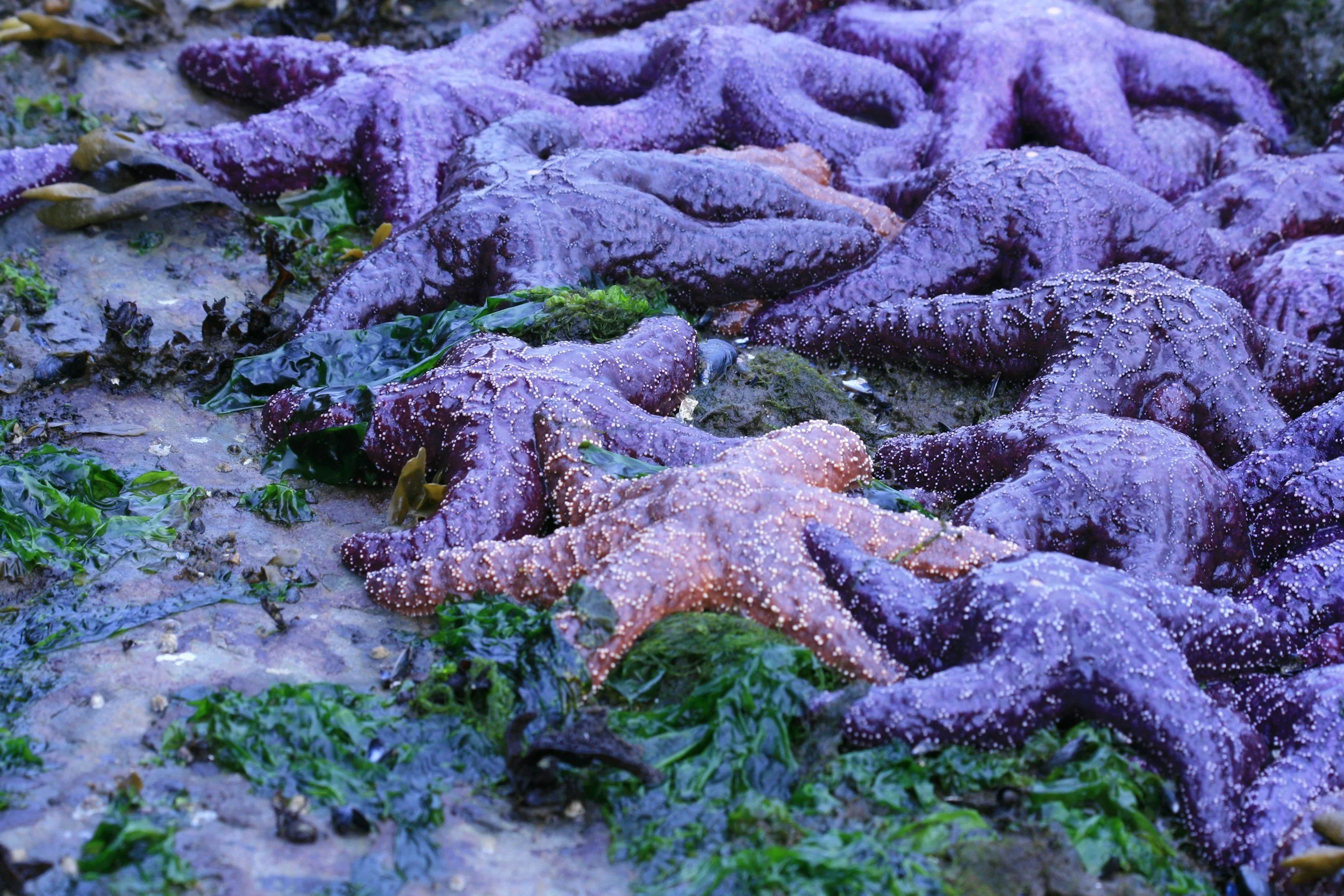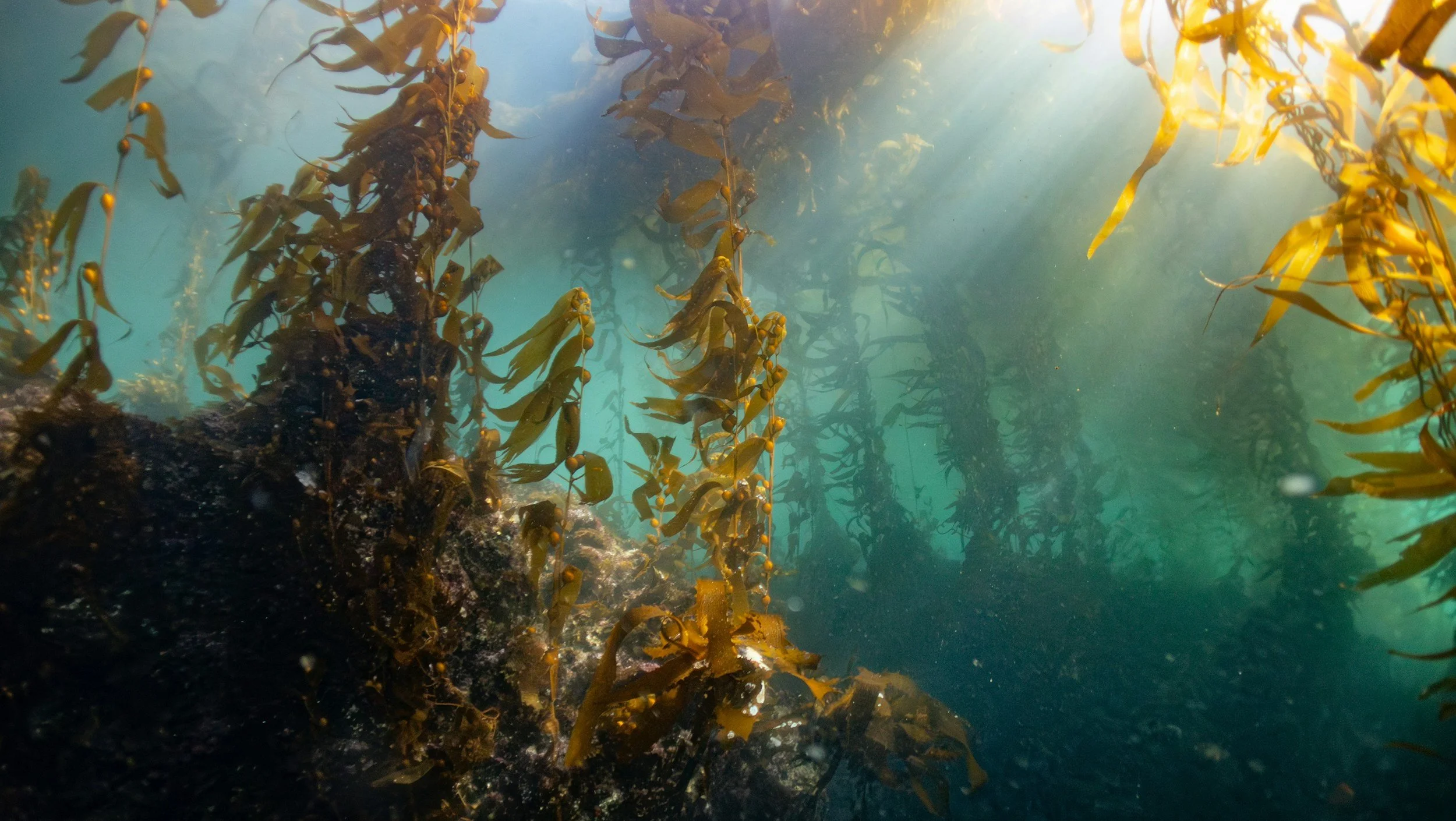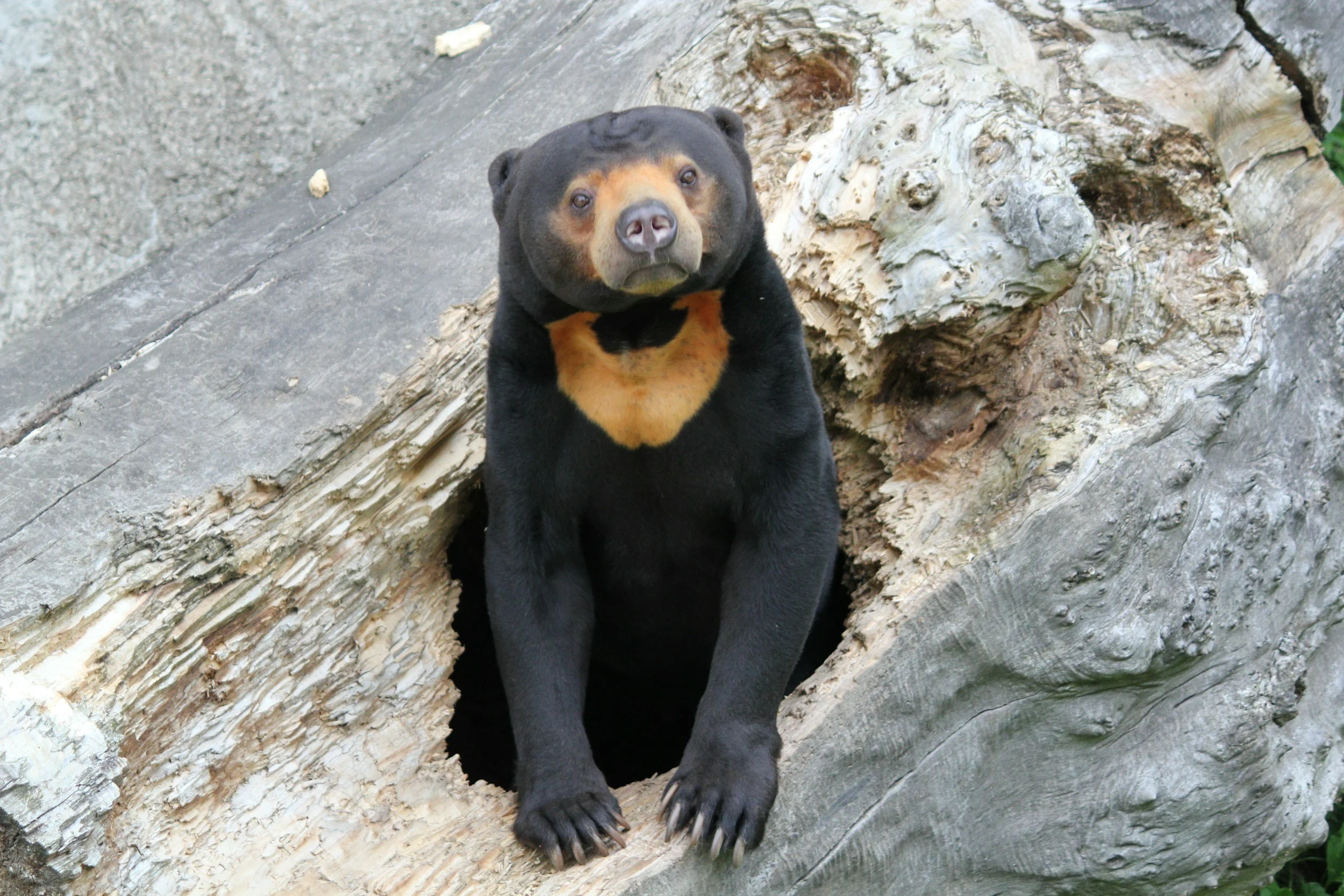What killed billions of sea stars? Scientists finally have an answer
A breakthrough study has finally revealed the cause of the mysterious sea star die-off that has devastated marine ecosystems since 2013.
One of the largest marine disease outbreaks on record, sea star wasting syndrome, swept through echinoderm populations in 2013, wiping out an estimated five billion sea stars from Mexico to Alaska.
Scientists have now identified the cause of the wasting disease as a bacterium called Vibrio pectenicida, according to a new study published in Nature Ecology & Evolution.
The team spent four years conducting deep sequencing on coelomic fluid samples from diseased sea stars collected during both lab experiments and field outbreaks. Their findings are expected to be crucial in developing effective recovery strategies.
The findings “solve a long-standing question about a very serious disease in the ocean,” Rebecca Vega Thurber, a marine microbiologist at University of California, Santa Barbara, who was not involved in the study, told AP.
Sea star wasting disease (SSWD) causes starfish to disintegrate, melting their tissues into a white, slimy substance, and ultimately leading to death over a matter of days or weeks.
“It’s really quite gruesome,” said marine disease ecologist Alyssa Gehman at the Hakai Institute who co-led the study.
The epidemic has devastated more than 20 species. Sunflower sea stars (Pycnopodia helianthoides) have been the worst affected, with an estimated 90 percent of the global population dying from the disease. The species is now listed as critically endangered on the International Union for Conservation of Nature’s (IUCN) red list.
"When we lose billions of sea stars, that really shifts the ecological dynamics,” Melanie Prentice, an evolutionary ecologist at the Hakai Institute and UBC, who co-led the study, told Tula.
“In the absence of sunflower stars, sea urchin populations increase, which means the loss of kelp forests, and that has broad implications for all the other marine species and humans that rely on them," Prentice explained. "So losing a sea star goes far beyond the loss of that single species.”
These consequences are already being felt in California, where sunflower stars are now functionally extinct. This collapse has contributed to a 96 percent decline in Northern California’s kelp forests over the past decade. Without these predators patrolling rocky reefs, unchecked purple urchins have decimated the kelp.
Kelp forests provide food and habitats for a huge amount of marine creatures, such as fish, seals and otters. They are also culturally important to First Nations and tribal communities, and they play a role in mitigating the effects of climate change.
Although the disease continues to impact seastars, scientists are positive that the new findings will help to save sea stars and recover kelp forests around the world.
“Now that we have found the causative agent of disease, it makes me hopeful that we might actually be able to do something for sunflower sea stars,” said Gehman. “We can be really targeted in how we work with them, and I think that’s going to help us move a lot faster and to try to tackle SSWD.”
The research project was led by scientists from the Hakai Institute, the University of British Columbia (UBC), and the University of Washington, and conducted in collaboration with The Nature Conservancy, the Tula Foundation, the U.S. Geological Survey’s Western Fisheries Research Center, and the Washington Department of Fish and Wildlife.
Reuven Bank and Andrew Kim from Sunflower Star Laboratory are actively growing sunflower stars with the aim of bringing the stars and the kelp forests back to the ocean. Listen to the Species Unite podcast episode, S12. E19: Reuven Bank and Andrew Kim: When the Ocean Lost Its Stars, here.
We Have A Favor To Ask…
Species Unite amplifies well-researched solutions to some of the most abusive animal industries operating today.
At this crucial moment, with worldwide momentum for change building, it’s vital we share these animal-free solutions with the world - and we need your help.
We’re a nonprofit, and so to keep sharing these solutions, we’re relying on you - with your support, we can continue our essential work in growing a powerful community of animal advocates this year.





The potential transformation of the Oregon National Primate Research Center could offer freedom to thousands of monkeys used in biomedical research.